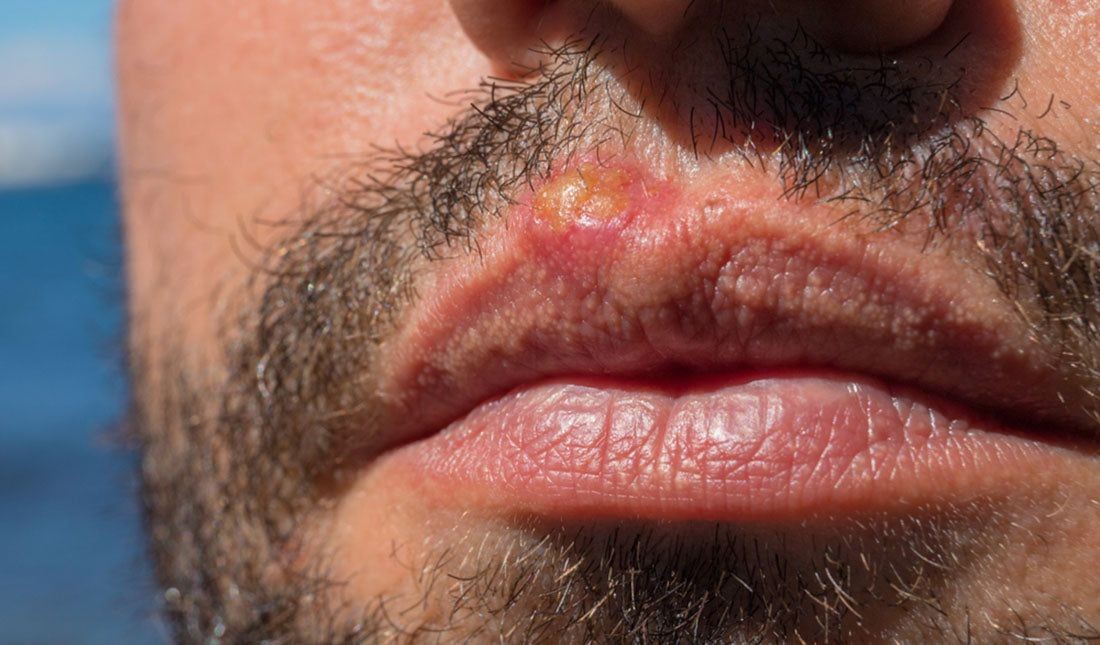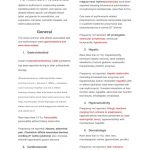
Contents
- 1 What Causes Blisters on Lips?
- 1.0.1 Symptoms of Blisters on Lips
- 1.0.2 Causes of Blisters on Lips
- 1.0.3 When to See a Doctor for Blisters on Lips
- 1.0.4 Diagnosis for Blisters on Lips
- 1.0.5 Treatments for Blisters on Lips
- 1.0.6 What Causes Blisters on My Tongue and How Can I Get Rid of Them?
- 1.0.7 Getting Rid of Blisters on the Tongue
- 1.0.8 Preventing Blisters on the Tongue
What Causes Blisters on Lips?
Blisters on the lips can be caused by biting, burning, brushing, or getting infected.
Lip blisters can have different causes and range in severity. They can occur from biting, burning, brushing, or getting infected.
The most common cause of lip blisters is cold sores, also called fever blisters. This viral infection is transmitted through close contact, like kissing. Cold sores are usually caused by herpes simplex virus type 1 (HSV-1) and can affect the mouth or genitals. Another strain, herpes simplex virus type 2 (HSV-2), can also cause cold sores, but it’s less common.
There is no cure for cold sores, but there are treatments to reduce pain and swelling.
Symptoms of Blisters on Lips
The first sign of a cold sore is a tingling or burning sensation before any visible symptoms. A blister then appears, typically surrounded by red, sensitive skin. It oozes fluid before drying and scabbing.
Other symptoms may vary, depending on factors like previous outbreaks. Sores can last up to two weeks and take longer to fully heal. Recurrences in the same spot are milder than the initial outbreak.
Additional symptoms may include:
Causes of Blisters on Lips
Cold sores are caused by the herpes simplex virus (HSV), which spreads through close contact like kissing or oral sex. Sharing utensils, toothbrushes, or razors can also facilitate transmission.
Cold sores are most contagious when the blisters are oozing because the virus is easily transmitted through body fluids. It can also spread without noticeable symptoms. Many people with HSV have no signs.
Once you’ve had a cold sore, the virus stays dormant in nerve cells and may recur in the same spot. Triggers for recurrence can include:
- Changes in the immune system
- Fatigue
- Fever
- Hormonal changes
- Prolonged exposure to sunlight or wind
- Skin injuries
- Stress
- Viral infections
When to See a Doctor for Blisters on Lips
Cold sores usually heal without treatment. However, consult a doctor if you experience the following:
- Non-healing blisters after two weeks
- Weakened immune system
- Severe pain
- Irritation in the eyes
- Frequent recurrence of cold sores
Diagnosis for Blisters on Lips
A doctor can visually diagnose a cold sore. They may also swab the area for laboratory testing.
Treatments for Blisters on Lips
Cold sores typically heal on their own in two to four weeks. Prescription antiviral medications can speed up healing. Examples include:
Some products are taken orally, while others are creams applied directly to the area.
In addition to prescription medication, there are over-the-counter and homeopathic remedies. These can include:
- Applying a compress: A cold, moist cloth reduces redness, removes crust, and promotes healing. A warm compress can ease pain.
- Using lip balms and creams: Protect lips with a zinc oxide cream or lip balm with sunblock. Apply a moisturizing cream if lips become dry.
- Resting and using pain relievers: Aspirin or acetaminophen can relieve fever symptoms or pain. Creams with lidocaine or benzocaine provide additional pain relief.
- Trying other cold sore remedies: Some over-the-counter ointments containing docosanol (Abreva) or other drying agents like alcohol can speed up healing.
QUESTION
What Causes Blisters on My Tongue and How Can I Get Rid of Them?
Tongue blisters can form from hot beverages, crunchy foods, infections, or imbalances in the body.
The cause of tongue blisters depends on their type. Untreated tongue blisters can spread to other parts of the mouth.
Canker sores are common oral infections. They are small lesions that form under the tongue, on the gums, on the tongue itself, or inside the cheeks. They have a yellow or white center with a red border.
Unlike cold sores, canker sores are not contagious and do not spread through contact. You cannot get canker sores by sharing food or kissing someone with them.
Another difference is that cold sores occur outside the mouth, while canker sores develop inside.
Initially, canker sores are painful red bumps that later become blisters. They can be caused by stress, lack of zinc, folate, and Vitamin B12, weakened immune response, or hormonal issues.
Stressful periods, such as during exams, can trigger canker sores in some people.
Mouth injuries, like biting the inner lip or damaging mouth lining by brushing too hard, can also cause canker sores. Sodium lauryl sulfate, found in many mouthwashes and toothpastes, has been associated with canker sores.
It’s important to consult a doctor if you have other symptoms along with canker sores, such as fever, joint pain, or skin rashes.
Oral candidiasis or thrush occurs when fungus grows on the mouth lining. The fungus causing this is called Candida albicans. While it normally lives in the mouth, it can cause thrush if it grows excessively.
Thrush presents as white lesions on the inner cheeks and tongue, and can spread to the tonsils, throat, and gums. Consult a doctor before it spreads.
Some risk factors increase the likelihood of oral candidiasis:
- Older adults and infants are commonly affected due to weak immunity. Medical conditions like HIV and AIDS also lower immunity.
- Diabetes leads to high sugar levels in saliva if blood sugar is uncontrolled. This sugar promotes candida growth and causes thrush.
- Some medications, such as corticosteroids and antibiotics, can disrupt the body’s natural microorganism balance and lead to thrush.
Getting Rid of Blisters on the Tongue
In most cases, tongue blisters heal on their own within a few weeks. Over-the-counter pain relief can be used while waiting for healing. If the blisters result from a fungal infection, your dentist may recommend an antifungal treatment.
Preventing Blisters on the Tongue
To reduce the frequency of tongue blisters, maintain proper nutrition, oral hygiene, and stress levels.
Eat a balanced diet: Avoid foods that irritate your mouth if you frequently get canker sores. Examples include pretzels, acidic fruits, nuts, chips, salty foods, and certain spices. If you have food allergies or sensitivities, avoid those items. Ensure your daily diet includes enough vitamins from whole grains, vegetables, and fruits.
Maintain good oral hygiene: Brush your teeth after meals and floss daily to remove food particles that may cause blisters and sores. Use a soft-bristled toothbrush and avoid toothpaste and mouthwashes with sodium lauryl sulfate. If you have dental appliances or braces, ask your dentist about using orthodontic waxes to protect your tongue and mouth lining from injury.
Manage stress levels: Tongue and mouth sores can be caused by heightened stress. Use relaxation techniques like meditation to lower stress.
References:
American Academy of Dermatology Association: "Herpes Simplex: Diagnosis and Treatment."
Herpes Viruses Association: "Cold sores questions and answers."
InformedHealth.org: "Cold sores: Overview."
National Health Service: "Cold sores."
World Health Organization: "Herpes simplex virus."
Cleveland Clinic: "Canker Sores."
Kids Health: "Canker Sores."
Mayo Clinic: "Canker sore", "Oral thrush."


